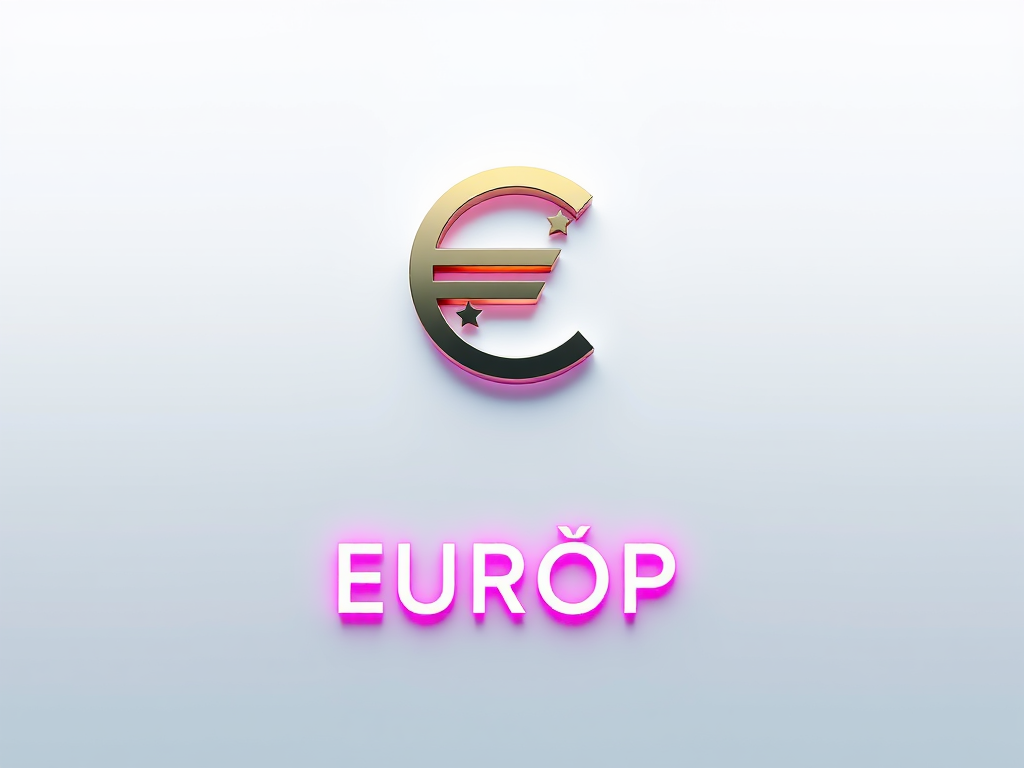Overview
Lido DAO (LDO) is a decentralized autonomous organization (DAO) that provides liquid staking services for various blockchain networks, including Ethereum 2.0. Lido aims to simplify the staking process by allowing users to stake their assets while maintaining liquidity through derivative tokens. LDO is the native governance token of the Lido DAO, used for governance and incentivizing network participants.
Key Features
• Liquid Staking: Lido provides liquid staking services, allowing users to stake their assets while maintaining liquidity through derivative tokens.
• Staking Rewards: Users earn staking rewards while holding derivative tokens, reflecting the increase in the value of their underlying staked assets.
• Decentralized Governance: LDO holders participate in the protocol’s governance, influencing key decisions and updates.
• Multi-Chain Support: Lido supports staking for various blockchain networks, enhancing its utility and adoption.
Technology
• Ethereum Blockchain: Lido operates as an ERC-20 token on the Ethereum blockchain, leveraging smart contracts to manage the staking process.
• Smart Contracts: Automated smart contracts handle the creation, transfer, and redemption of derivative tokens, ensuring transparency and security.
• Staking Protocol: Integrates with various blockchain staking protocols, allowing users to earn rewards on their staked assets.
• Interoperability: Lido’s derivative tokens can be used across various DeFi platforms, enhancing their utility and integration within the ecosystem.
Market Performance
• Historic Price Trends: LDO has experienced significant price volatility, reflecting its adoption rate, technological advancements, and market sentiment.
• Market Capitalization: Lido consistently ranks among the top liquid staking solutions by market cap, driven by its performance and scalability.
• Adoption Rate: DeFi users are increasingly adopting the rate to maximize the utility and returns on their staked assets.
Pros
• Increased Liquidity: Provides liquidity for staked assets, allowing users to participate in DeFi without sacrificing staking rewards.
• Staking Rewards: LDO holders benefit from the continuous accrual of staking rewards.
• Decentralized Governance: LDO holders can participate in the protocol’s governance, ensuring community-driven development.
• Multi-Chain Support: Supports staking for various blockchain networks, enhancing its utility and adoption.
Cons
• Complexity: The concept of liquid staking and using derivative tokens can be complex for new users.
• Smart Contract Risks: Subject to potential vulnerabilities and risks associated with smart contracts.
• Market Volatility: The value of LDO can be influenced by the price volatility of underlying staked assets.
• Regulatory Risks: Faces potential regulatory scrutiny and changes in the regulatory environment.
Conclusion and Final Thoughts
Lido DAO (LDO) offers a valuable solution for users looking to maximize the utility and returns on their staked assets through liquid staking. Lido enhances the flexibility and integration of staked assets within the DeFi ecosystem by providing liquidity and continuous staking rewards. Despite complexities and smart contract risks, Lido’s strong performance and continuous development position it as a significant player in the staking space. As staking becomes more integral to blockchain networks, Lido’s ability to offer liquid staking solutions will be crucial for widespread adoption.






